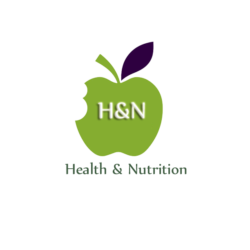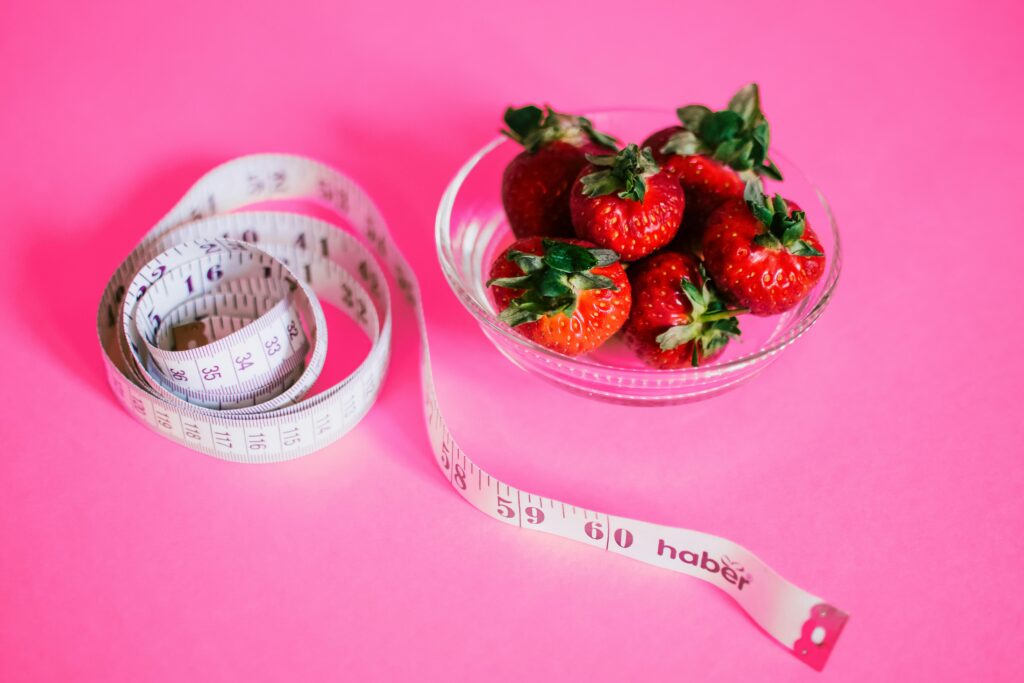What Is a Balanced Diet? Importance, Benefits & Tips for a Healthy Life
In today’s fast-paced world, maintaining a healthy lifestyle has become more important than ever. At the heart of a healthy lifestyle lies a balanced diet—a nutritional approach that fuels your body with the right amounts of essential nutrients. But what exactly is a balanced diet, and why is it so crucial to your overall well-being? Let’s break it down in simple terms.
What Is a Balanced Diet?
A balanced diet provides your body with all the essential nutrients—carbohydrates, proteins, fats, vitamins, minerals, and water—in the correct proportions. The goal is to nourish your body without overloading it with excess calories or unhealthy ingredients.
Key Components of a Balanced Diet:
- Carbohydrates – Provide energy (found in whole grains, fruits, vegetables).
- Proteins – Build and repair tissues (found in lean meats, legumes, eggs).
- Fats – Support cell function and energy storage (healthy fats from nuts, seeds, olive oil).
- Vitamins & Minerals – Boost immunity and metabolic function (from fruits, vegetables, dairy).
- Fiber – Aids digestion and prevents constipation (whole grains, fruits, veggies).
- Water – Essential for all bodily functions.
Why Is a Balanced Diet Important?
1. Boosts Immune System
A proper mix of nutrients helps your body fight infections and illnesses.
2. Supports Growth and Development
For children and adolescents, a balanced diet is critical for physical and mental growth.
3. Maintains Healthy Body Weight
Eating the right foods in proper portions prevents obesity and undernourishment.
4. Improves Energy Levels
The right nutrients help maintain stable energy levels throughout the day.
5. Reduces Risk of Chronic Diseases
A balanced diet lowers the risk of heart disease, diabetes, and certain cancers.
How to Maintain a Balanced Diet Daily
Here are practical tips to include a balanced diet in your everyday routine:
Eat a Variety of Foods
Include different types of fruits, vegetables, whole grains, proteins, and healthy fats.
Follow the Plate Method
Half your plate should be fruits and vegetables, one-quarter protein, and one-quarter whole grains.
Limit Sugar and Processed Foods
Cut down on sugary drinks, junk food, and overly salty or fatty snacks.
Drink Plenty of Water
Stay hydrated with at least 8–10 glasses of water daily.
Practice Portion Control
Eat in moderation to avoid overeating—even healthy foods.
Sample Balanced Diet Plan (Indian Version)
| Meal | Food Items |
|---|---|
| Breakfast | Oats with milk, banana, boiled egg or paneer |
| Mid-Morning | Fresh fruit or buttermilk |
| Lunch | Brown rice/roti, dal, vegetable sabzi, salad, curd |
| Snack | Roasted chana, green tea, or a handful of nuts |
| Dinner | Multigrain roti, light sabzi, soup or grilled chicken/tofu |
| Before Bed | A glass of warm milk or a few soaked almonds |
Common Myths About a Balanced Diet
Myth: All fats are bad
Fact: Healthy fats like omega-3 and unsaturated fats are essential for the body.
Myth: Skipping meals helps in weight loss
Fact: It slows metabolism and may lead to overeating later.
Myth: Carbs are the enemy
Fact: Whole carbs are essential for energy—avoid refined ones instead.
A balanced diet isn’t about strict limitations or depriving yourself of the foods you love. It’s about feeling great, having more energy, and improving your health. Start with small changes and gradually adopt healthier eating habits. Your body will thank you for it!
FAQs – Balanced Diet
Q1. How many meals should I eat per day?
You should aim for 3 main meals and 1–2 healthy snacks to maintain steady energy levels.
Q2. Can I follow a balanced diet on a vegetarian plan?
Yes, you can get all essential nutrients from plant-based foods with proper planning.
Q3. What are the signs of a poor diet?
Fatigue, frequent illness, digestive issues, and mood swings may signal an unbalanced diet.
Q4. Is it okay to cheat once in a while?
Yes, occasional indulgence is fine as long as your overall diet is healthy and balanced.





